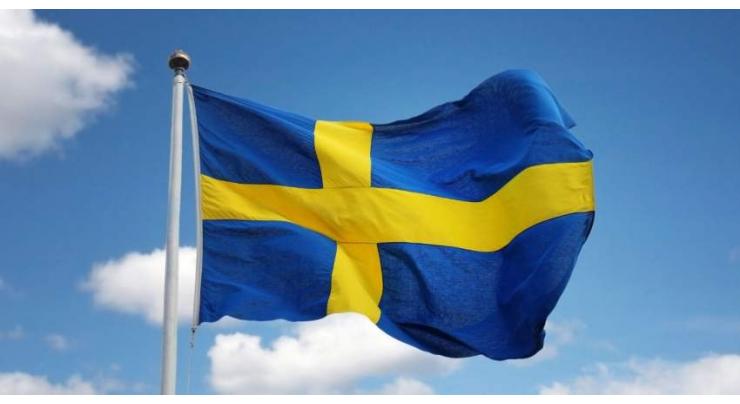
Sweden Eases Quarantine Rules To Tackle Staff Shortages
Umer Jamshaid Published January 20, 2022 | 10:01 PM

Sweden on Thursday eased its coronavirus quarantine rules to tackle staffing shortages in critical services as the number of cases of the more infectious Omicron variant in the country soars
Stockholm, (APP - UrduPoint / Pakistan Point News - 20th Jan, 2022 ) :Sweden on Thursday eased its coronavirus quarantine rules to tackle staffing shortages in critical services as the number of cases of the more infectious Omicron variant in the country soars.
"The rate of infection is leading to a risk of lack of staff and serious consequences in services crucial to society," Sweden's Public Health Agency said in a statement.
From now on, the quarantine period for people in a household where someone has tested positive must stay home for five days, instead of seven previously.
And people who have received three vaccine doses, or already had Covid-19 in the last three months, or are employed in critical services, do not have to quarantine at all.
The health agency said the rule change was not considered "to significantly increase the risk of the spread of infection." Like other European countries, Omicron has led to record numbers of new cases in the country of 10.
3 million, where nearly 40,000 cases were recorded on Wednesday alone.
"In our assessment a large part of the population risks getting infected in the next weeks," health agency official, Sara Byfors, told a news conference.
Nevertheless, other restrictions would remain in place, such as homeworking, social distancing and masks on public transport.
Unlike most other countries, Sweden did not introduce any form of lockdown or school closures in the early days of the pandemic, but adopted a softer approach.
It did nevertheless ban visits to elderly care homes, limit the number of people attending public gatherings and restrict opening hours at bars and restaurants.
With around 15,600 fatalities so far, Sweden's death toll is in line with the European average, but is significantly higher than those of neighbouring Norway, Finland and Denmark.
Recent Stories

Tennis: ATP Barcelona Open results - 1st update

Swiatek's perfect 10 in Stuttgart as Vondrousova stuns Sabalenka

Arandu's roads closed due to flooding

Oil tanker catches fire in Islamabad’s Blue Area

Pakistan committed to ensure safety of foreign nationals: FO

Tennis: WTA Stuttgart results - 1st update

Four passengers injured as train hit an empty vehicle

Over- speeding bus crushed to death two bike riders

Turkey's Freedom Flotilla ready to set sail for Gaza

French teen dies from heart failure after knife attack near school

Iranians appear unfazed by Isfahan blasts

UAF celebrates Int'l Chinese Language Day
More Stories From World
-
Togo lawmakers approve contested political reform
7 hours ago -
NATO must choose 'whether we indeed are allies': Zelensky
7 hours ago -
US House to vote on Ukraine, Israel, Taiwan aid package
7 hours ago -
Calls for calm after reported Israeli strike on Iran
7 hours ago -
IMF calls on EU to deepen single market integration to boost growth
7 hours ago -
Second Ecuadoran mayor killed ahead of anti-crime referendum: police
7 hours ago
-
Oil, gas drilling blocked in Alaska wilds as Biden seeks green cred
8 hours ago -
Man sets self on fire outside Trump trial
8 hours ago -

Turkey's Freedom Flotilla ready to set sail for Gaza
9 hours ago -

French teen dies from heart failure after knife attack near school
9 hours ago -

Iranians appear unfazed by Isfahan blasts
10 hours ago -

Ecuador mayor killed ahead of anti-crime referendum: police
10 hours ago



